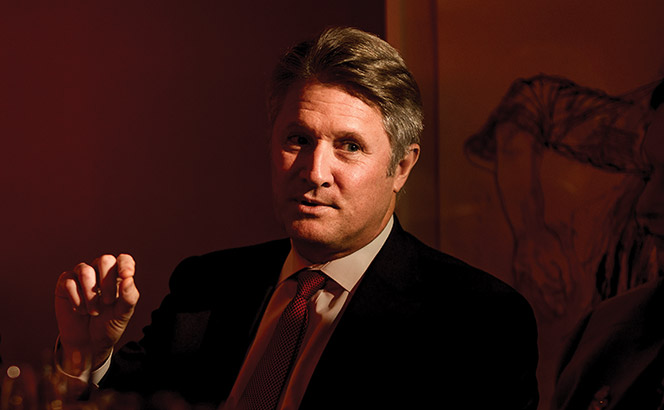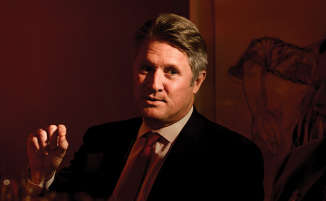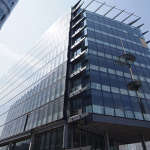The Covid-19 crisis is creating a lot of learning and insight across the legal sector and the wider communities in which we work and live. Much of this revolves around actions that organisations and their leaders are taking to navigate the crisis – including what leaders should do to manage uncertainty.
A key feature of law firms is that many people are leaders – not just those in formal senior leadership roles. A high degree of distributed management serves a range of teams. That is a real strength of our industry. Empowering those leaders to act in a way that helps their teams and drives the wider business forward is key.
The rule of three
It seems to me that there are three things to do in a crisis:
1. Look after yourself
2. Look after the future
3. Look after today
There is a temptation to look after today, neglecting the future and yourself. This can be costly. We are in an uncertain world. Many people recognise the need to develop new skills to navigate both the current crisis and the future. However, the comfort of honing skills in the classroom and then subsequently applying in the work context them no longer applies. Leaders need to lead, learn, act and improve, all at the same time.
I call this ‘building the ship while sailing it’. In a rapidly-changing world, you have to learn as you go in order to prepare your business, team and yourself to thrive. I learned this the hard way.
In previous crises I confronted (albeit on a smaller scale), the unexpected occurred periodically. I would hear that a team was preparing to leave or a colleague had passed away. With no time to prepare, feelings running high and the business plan in tatters, I often jumped in. Many times that initial action failed or had limited success, as I didn’t have my mindset right first – I was reacting and not acting.
So look after yourself so you can look after others today and in the future.
Why start with yourself? Because your knowledge, skills and vision can be shared with others, and investing in yourself enables you to do this more effectively.
Along the way, I have also learned to:
* Pause. To be a better leader, lift up out of the detail, work out how you’re reacting and managing your emotions. You might be inadvertently transferring your anxiety onto those you serve.
* Reflect. Figure out what is and isn’t working and learn on the run. It doesn’t take long, but you need to make time for it.
* Leverage. Capture what you’ve learned and then make the most of it.
This can sound obvious. It is – and that’s the good news. But in the heat of a crisis when the pressure is on to act, these things often get ignored, deferred or put to one side.
Also deliberately understanding your own emotions, let alone managing them and getting your mindset right, is seen by some as a distraction from doing what needs to be done. However, I have found a more useful way to think of this is to be doing these things and taking action in parallel.
Here are a couple of ideas:
* Dust off any psychometric testing. I cringe when I read mine, but there are truths in there. It’s a good reminder of your strengths, preferences and weaknesses, which emerge and can be exaggerated under pressure. One of my strengths is around harmony – bringing people together. Its flipside can be avoiding conflict. Being aware of this and developing better skills and strategies, such as taking a colleague who is stronger on conflict to high stress situations, worked for me. A healthy reminder of your strengths, weaknesses and preferences can help you understand why you are reacting the way you are to the crisis.
* Record insights daily and schedule time to think. Doing this helps me figure out what works and what doesn’t work. Conscious reflection captures your learnings. It takes time to see patterns – but I have found these insights invaluable.
The challenge of our Covid-19 world is an opportunity to learn at pace and slingshot into the future. Law firm leaders, in their many guises, should not let this moment pass.
Mark Rigotti is partner at Herbert Smith Freehills and served as chief executive from 2014 to 2020












